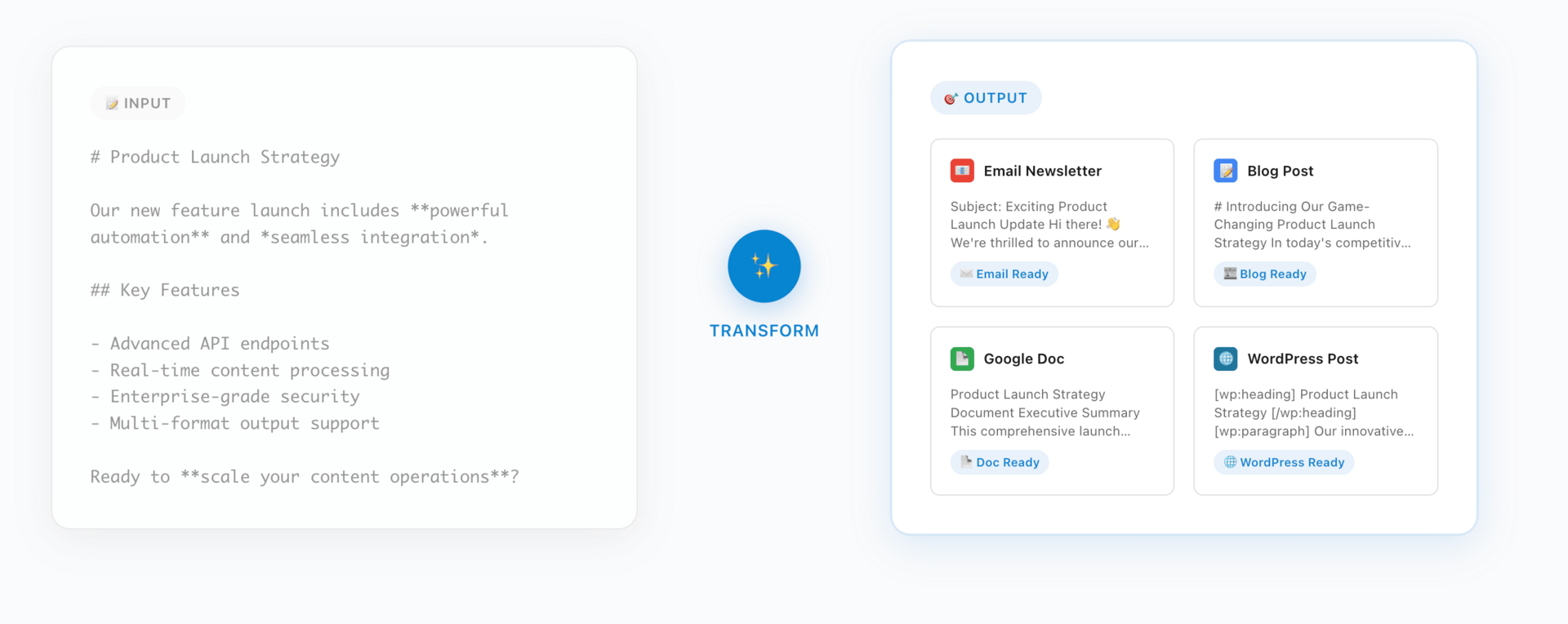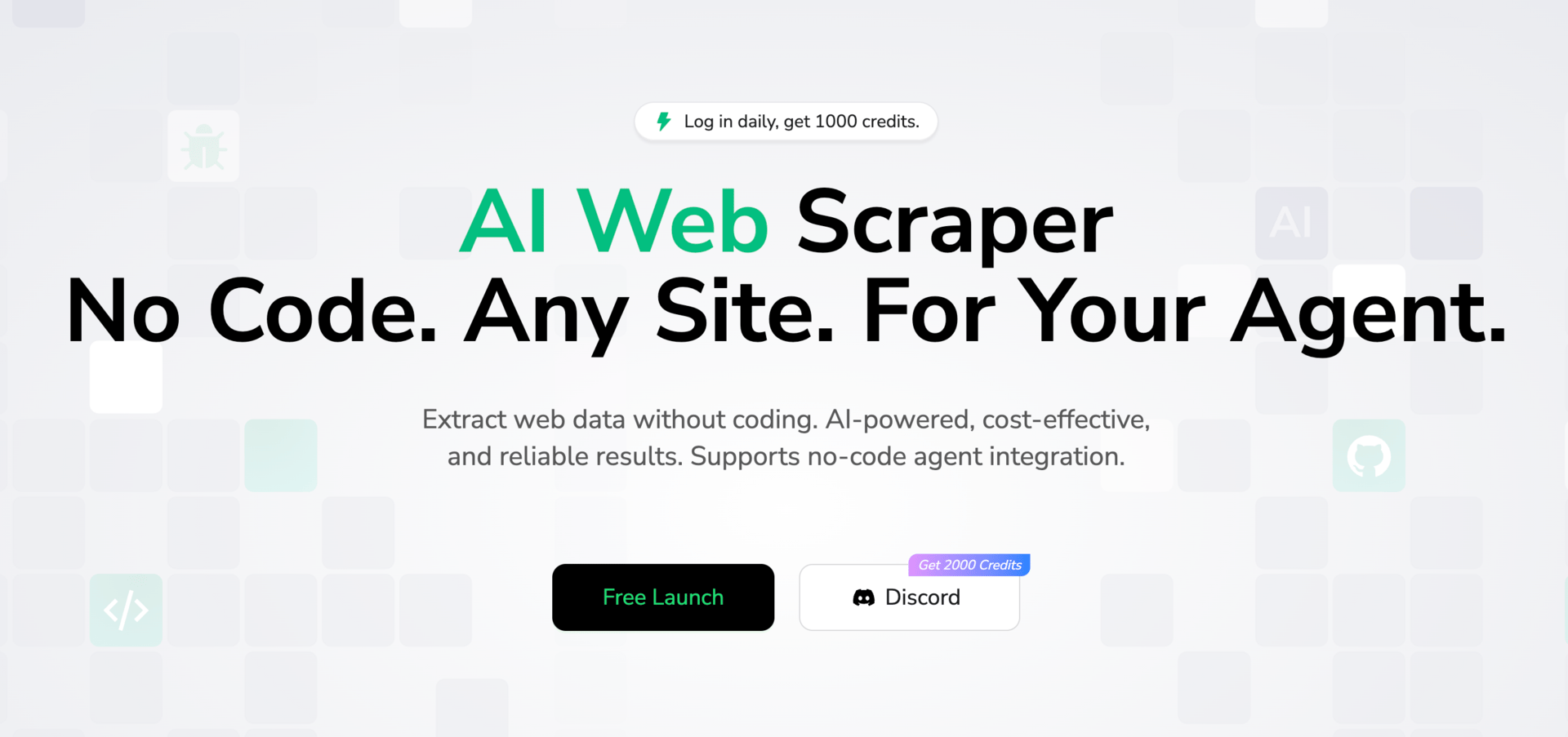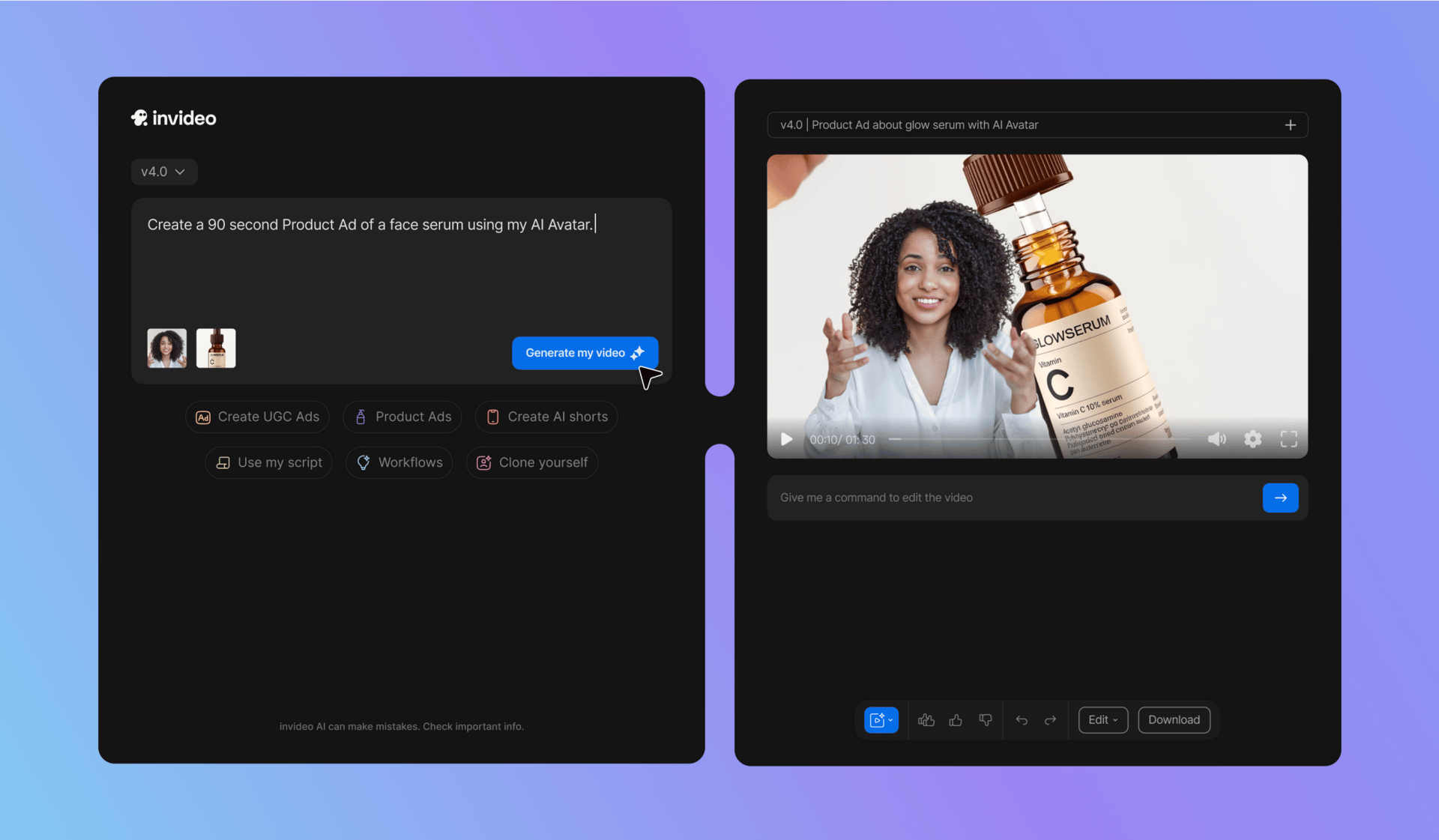- Future Tools
- Posts
- Windsurf whirlwind 💸
Windsurf whirlwind 💸
Plus: Meta’s AI stack expands
Welcome back! The AI social network Series just launched its v3, and it's not your average social app update. The goal? Turn your friends of friends into your real network: AI-powered intros, second-degree connections, and real-time social serendipity.
What do you think—could AI-powered social apps like this one make a dent in the current landscape of mega platforms?Click one to tell me more. |


Unpacking the Windsurf drama 🎭️

Windsurf and Cognition CEOs Jeff Wang and Scott Wu discuss Windsurf’s recent acquisition / cognition_labs
OpenAI is no longer acquiring AI coding startup Windsurf, and the story’s moving faster than a plot line from Silicon Valley. Here’s where things stand:
The OpenAI deal is off. OpenAI was in talks to acquire Windsurf for a reported $3 billion in what would have been its largest acquisition to date. But OpenAI’s exclusivity window to acquire Windsurf closed on Friday.
Windsurf’s CEO and top researchers went to Google. In one fell swoop, Google hired Windsurf’s CEO Varun Mohan, cofounder Douglas Chen, and several R&D employees to join DeepMind on alignment and model safety. Google will hand over $2.4 billion in licensing fees and for compensation.
Cognition scooped up the rest. After the hiring craze, AI agent startup Cognition (remember its AI software developer, Devin?) announced it had acquired Windsurf’s product, IP, and remaining 250-person team. Windsurf interim CEO Jeff Wang said Cognition's acquisition will help engineers 100x their productivity. Cognition didn’t announce the acquisition price…but did note that Windsurf reached $82 million in ARR, with enterprise ARR doubling quarter-over-quarter.
Windsurf is now a full-stack coding contender. With Windsurf, Cognition can now offer both agentic tools and a full-fledged IDE, competing directly with Cursor, OpenAI, and Anthropic.
Why it matters: This is the most dramatic reshuffling of talent and IP in the AI coding space yet. In 72 hours, Windsurf went from OpenAI’s alignment partner to cautionary tale to Cognition’s competitive edge. And the race to own the next-gen developer workflow (and the talent building it) just got even more chaotic.
Meta’s voice and compute power grab
Two big headlines dropped from Meta this week, both pointing in the same direction: control the stack.
First: Meta acquired voice AI startup Play AI, known for generating natural-sounding speech. An internal memo seen by from Bloomberg says Play’s tech will support AI Characters, Meta AI, wearables, and audio creation, bringing voice generation fully in-house and positioning Meta to compete directly with ElevenLabs.
Next: Meta is building a five-gigawatt AI data center. On Monday, Mark Zuckerberg announced “Hyperion,” a data center project as big as the entirety of Manhattan. Prometheus, Meta’s 1 GW cluster, comes online in 2026. Together, these power projects could make Meta one of the most compute-rich players in AI—on par with Google and OpenAI.
The GOP is going all-in on AI infrastructure
On Tuesday, President Donald Trump and Sen. Dave McCormick of Pennsylvania announced $70 billion in AI and energy investments for the state.
What happened? The inaugural Pennsylvania Energy and Innovation Summit brought together 60+ CEOs and top federal officials to announce a wave of new investments in data centers, power generation, and AI workforce development.
This includes:
$25 billion from Blackstone for data centers and power infrastructure in Northeast PA
The creation of 9,000 jobs across construction and permanent roles
Federal backing from the Departments of Energy, Commerce, and the Interior
Why it matters: The Trump administration sees AI data centers as the next frontier of American industrial power and is pushing fossil fuels as the fastest means of meeting energy demands.

Is Being the ‘Face of the Brand’ Spreading You Thin?
Have a product to promote but dread stepping in front of the camera? Invideo AI 4.0 lets your doppelganger do it for you. Just upload a short clip to create your own AI Twin, or choose from a cast of virtual actors—Invideo handles the visuals, voiceover, and polish.
From brand explainers to product demos, Invideo lets you:
Launch videos fast with your AI avatar
Clone your product with a single image or link
Generate multilingual, on-brand content instantly
Ready to scale visibility without stretching your schedule?



Turn unstructured text into polished content

Mythic Text
Mythic Text transforms markdown or unformatted writing into structured blog posts, newsletters, and marketing assets. One Slashdot reviewer noted it can process "hundreds of files in minutes" for enterprise document pipelines.
How you can use it:
Pricing: Free and paid (starting at $29/month)

AI browser automation can do your research for you

BrowserAct
BrowserAct lets you automate scraping, clicking, and data extraction on any website using plain English. It adapts to changing page layouts and mimics human behavior to bypass verification.
How you can use it:
Build targeted lead lists by scraping public LinkedIn profiles and pushing them into Sheets or a CRM.
Set up agents to monitor competitor pricing, product copy, or ad changes—and track the trends over time.
Use geo-targeted IPs to explore regional sentiment by pulling review data from international marketplaces.
Pricing: Paid


Jobs, announcements, and big ideas
Just a week after Grok began spewing antisemitic content and calling itself “MechaHitler,” the US Department of Defense announced a new $200 million contract with xAI to modernize the DoD.
Nextdoor just got smarter, rolling out a full app redesign that uses AI to recommend content based on real human conversations.
Thinking Machines Lab, founded by OpenAI’s former CTO Mira Murati, just hit a $12B valuation—and it's still at the seed stage.
Anthropic is urging the US to double down on energy infrastructure, warning that AI leadership depends on it. Anthropic also launched a new AI tool built to transform how financial analysis and research get done.
Mistral’s diving into audio AI, launching Voxtral, an open-source model designed to rival Big Tech’s walled-off systems.


Grok’s brain got bigger. Its filter? Not so much.

That’s a wrap! See you on Friday.
—Matt (FutureTools.io)
P.S. This newsletter is 100% written by a human. Okay, maybe 96%.


